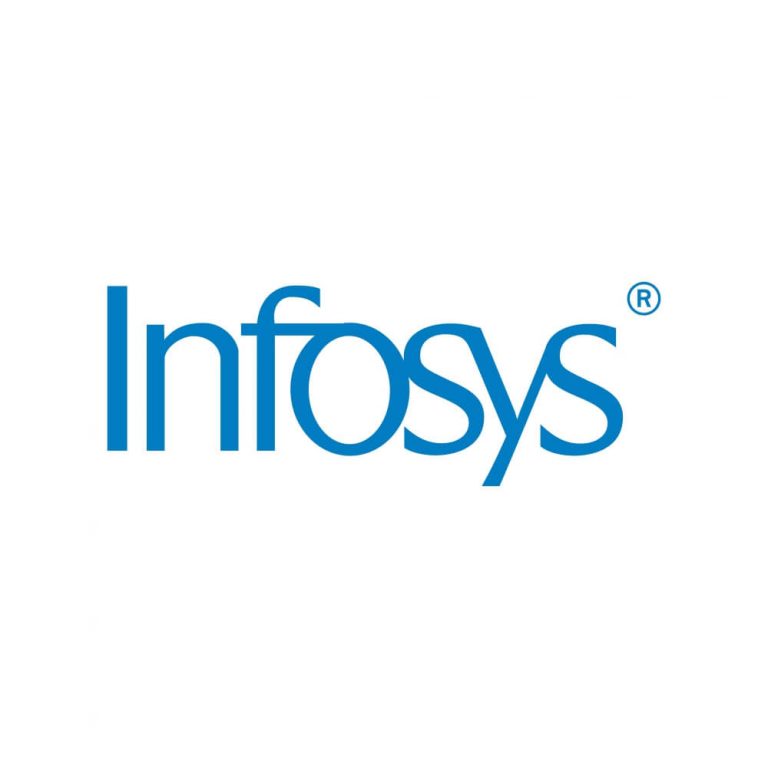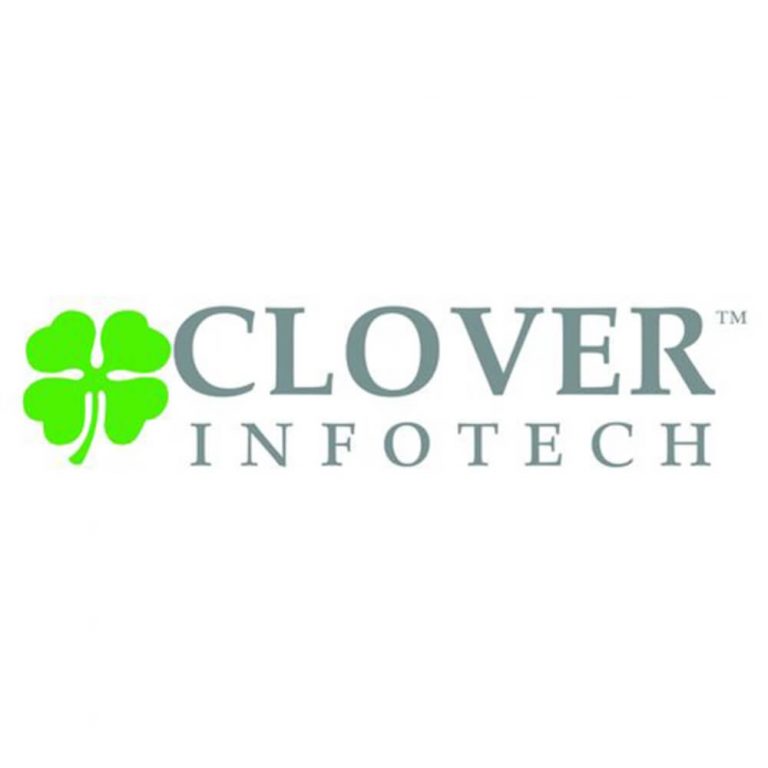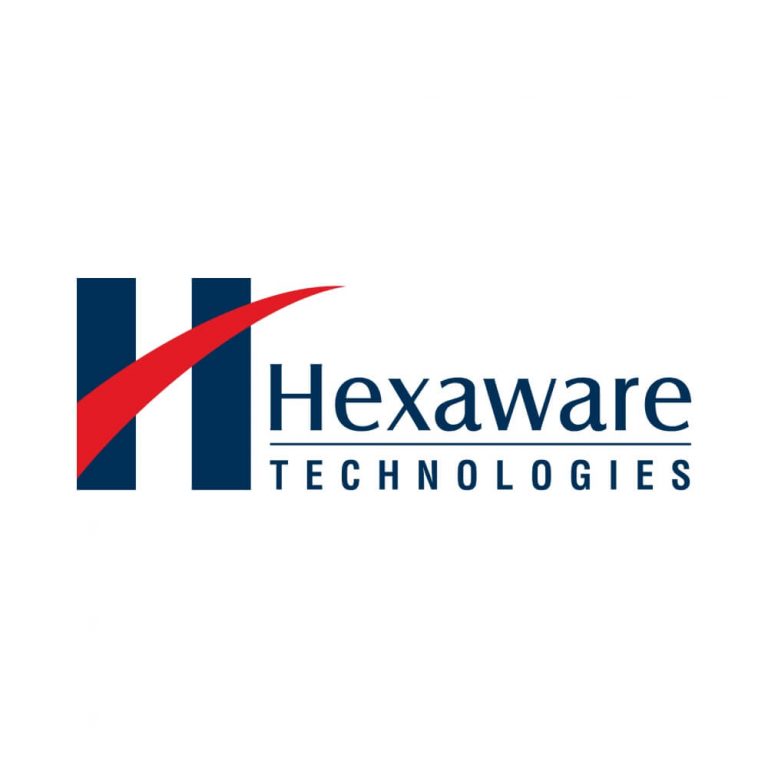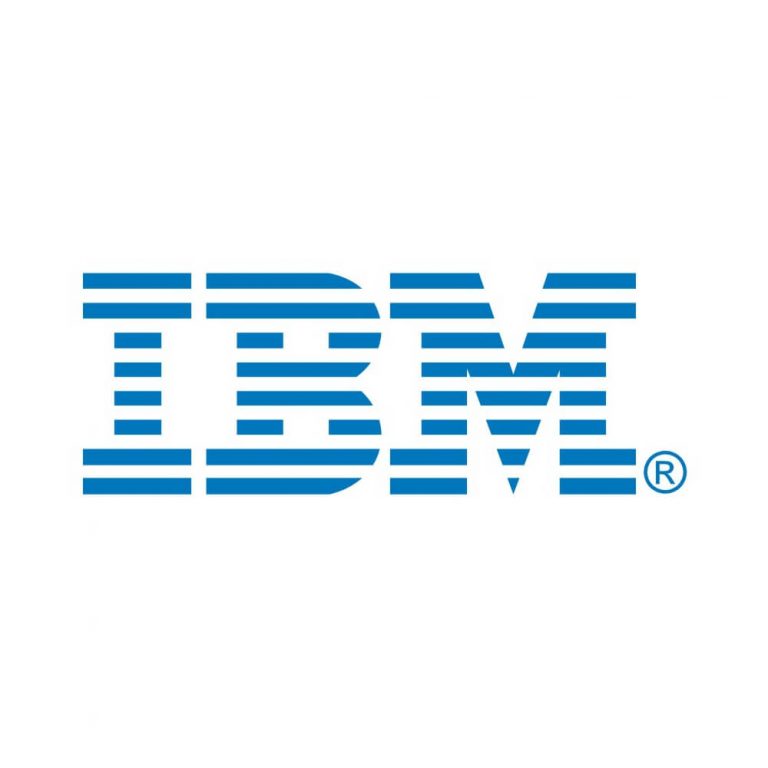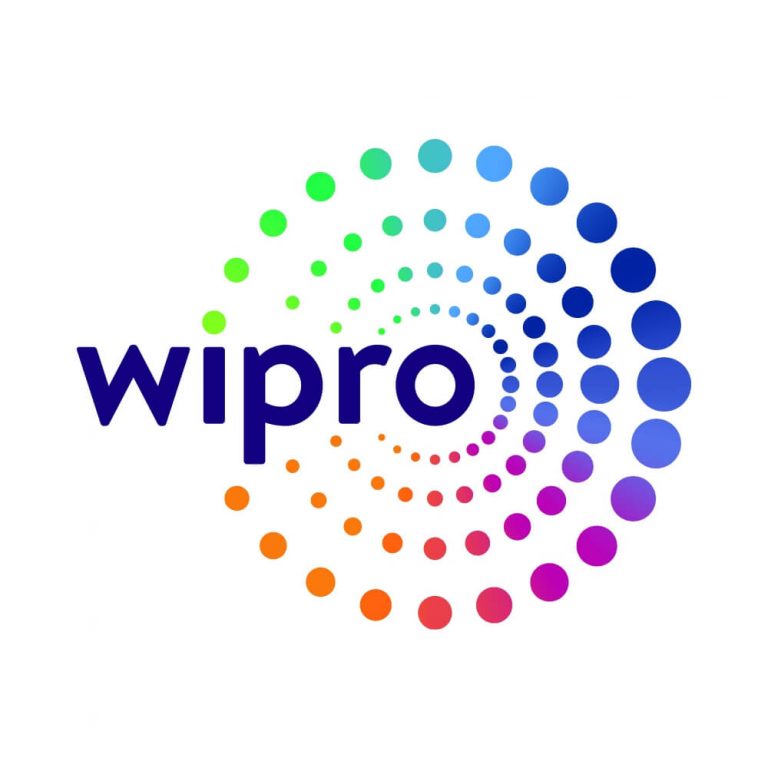Online Data Science Certification and Training in Navi Mumbai
Data is everywhere. In fact, the amount of digital data that exists is growing at a rapid rate, doubling every two years, and changing the way we live. According to IBM, 2.5 billion gigabytes (GB) of data was generated every day in 2012. Data science, also known as data-driven science, is an interdisciplinary field of scientific methods, processes, algorithms, and systems to extract knowledge or insights from data in various forms, either structured or unstructured, similar to data mining.

Data science is a “concept to unify statistics, data analysis, machine learning, and their related methods” in order to “understand and analyze actual phenomena” with data. It employs techniques and theories drawn from many fields within the broad areas of mathematics, statistics, information science, and computer science, in particular from the subdomains of machine learning, classification, cluster analysis, uncertainty quantification, computational science, data mining, databases, and visualization Harvard Business Review called it “The Sexiest Job of the 21st Century” the term became a buzzword, and is now often applied to business analytics, or even arbitrary use of data, or used as a sexed-up term for statistics.
According to Forbes” Data Scientist Is the Best Job in America According Glassdoor’s 2018 Rankings” and the same demand is being seen in Indian industries. We have taken the initiative to start with the diploma in DataScience/ Data science certification course and training in Navi-Mumbai and also some demanding IT Courses.
COURSE HIGHLIGHTS:
Full Job-oriented training and giving maximum emphasis on hands-on practice. This will be a classroom training with experienced trainers from the industry having more than 12 years of experience in the relevant field. The course contents are at par to the curriculum followed in top universities and IIMS. Placement support from our placement cells which already have tie-ups with companies.
COURSE CONTENTS (TOPICS COVERED):
- Basics of Java
- OOPS Concepts
- String Handling
- Nested Classes
- Multithreading
- Synchronization
- Input and output
- Serialization
- Networking
- AWT and EventHandling
- Swing
- LayoutManagers
- Applet
- Reflection API
- Collection
- JDBC
R :
- R Base Software
- Understanding CRAN
- R Studio The IDE
- Sequence of
- Numbers
- Vectors
- Basic Operations
- Operators and Types
- R Functions
- Logistic Regression in R
- Reason for LogisticRegression
- The LogisticTransform
- Logistic Regression Modelling
- ModelOptimisation
- UnderstandingROC Curve
- Default Modelling using Logistic Regression in R
- Decision Trees
- Theory of Entropy & Information Gain
- Stopping Rules
- Cross Validations for Overfitting Problem
- Pruning as a Solution for Overfitting
- Ensemble Learning
- Bootstrap Aggregation
- Random Forests
- Intrusion Detection in IT Network
- Linear Regression in R
- Covariance and Correlation
- Multivariate Analysis
- Hypothesis Testing
- Limitations of Regression
- Business Case: Managing Credit Risk
- Loss Given Default using Linear Regression
- Support Vector Machine
- Classification as a Hyper Plane Location Problem
- Motivation for Linear Support Vectors
- Quadratic Optimization
- Non Linear SVM
- Kernel Functions
- Default Modelling using SVM in R
- Predictive Modelling
- Decision Trees
- Neural Networks
- Predictive Modeling with Decision Trees
- Neural Networks
- Perceptron
- MLP
- Back Propagation
- Revision of Key Concepts
- Parameter Estimation
- Hypothesis testing
- Bayesian Analysis
- Identifying the best estimator
- Other Statistical Theory
- Model fitting
- Linear Regression
- Non-linear Regression
- Categorical Data Analysis
- Time Series & Longitudinal Analysis
- Machine Learning
- ANOVA/ Regression Analysis
- Analysis of Variance & Covariance
- Analysis of Variance
- ANOVA Results
- Examine Regression Results
- Regression Analysis
- Linear and Logistic Regression
- Tree and Bayesian Network Models
- Decision Trees
- Bagging
- Random Forests
- Boosted Trees
- Bayesian Classification Models
Python :
Core Python
- Python Introduction
- Environment
- Getting Started
- String Handling
- Operators
- Flow Controllers
- Collections
- Functions
- Modules
- Packages
- File Handling
Advanced Python:
- Oops Concepts
- Regular Expressions
- Database Access
- Introduction to RDBMS
- Installation of MySQL Python Modules
- Multi-Threading
- Working with csv , xml and Json files
- GUI Programming
- Introduction
- Component and events
- Page Creation
- Network Programming
- Data Analytics with one module
- Introduction of DJANGO Framework (Python web framework)
Sql
- Introduction to Basic Database Concepts
- E-R Modelling and Diagram
- Normalization
- Introduction to SQL
- DDL and DML Statements
- Working with Queries (DQL)
- Aggregate Functions
- Joins and Set Operations
- Implementation of Data integrity
- Working with Constraints
- Implementing Views
- Data Control language (DCL)
- Working with Indexes
- Writing Transact-SQL (T-SQL)
- Working with Stored Procedures and Functions
- Implementing Triggers
BigData Hadoop :
• Big Data Introduction
• Introduction to Hadoop
• Hadoop Distributed File System (HDFS) Storage:
- HDFS Design and concepts
- HDFS Architecture
- Read and Write Architecture
- Cluster setup
- Adding New Data Node dynamically
- High Availability
- Zookeeper leader election algorithm
- HDFS commands
MAP Reduce:
- Basics and Its architecture
- Map Reduce Job Run
- Legacy Architecture
- Shuffling and Sorting
- Hands on word count in Map/Reduce
- Distributed Cache
- Optimization Techniques
- Map Side Joins
- YARN Concepts
NOSQL:
- ACID in RDMBS
- BASE IN NoSQL
- CAP Theorem
- Hbase Database in Detail
• Hbase operations through shell
• HIVE:
- Hive Introduction and Architecture
- Hive Service , Shell , server
- Working with Tables and different file formats
- Partitions , Bucketing
- External Partitioned tables
- Order By , DISTRIBUTED By , Sorty by differences
- RC File , Indexes , Views and MAPSIDE JOINS
PIG:
- Execution Types
- Grunt Shell
- PigLating
- Data Processing , Schema on Read
- Primitive Data types
- Complex Data types
- Data Loading , Storing , Filtering, Grouping & Joining
- SPLITS and JOINS
HCATALOG:
- Introduction to Hcatalog
- Hcatalog with PIG , HIVE and MR
SQOOP:
- Import data
- Incremental Import
- Export Data
FLUME:
- Introduction to Flume
- Flume Agnets : Sources , Channels and Sinks
- Flume Commands
- Use cases
OOZIE:
- Workflow
- How to schedule sqoop job, HIVE , MR , PIG
Data mining:
Data mining is a process used by companies to turn raw data into useful information.
By using software to look for patterns in large batches of data, businesses can learn
more about their customers and develop more effective marketing strategies as well
as increase sales and decrease costs. Data mining depends on effective data
collection and warehousing as well as computer processing.
Machine Learning :
Machine Learning is an essential part of data analytics since it lets the user analyze
and process data from different angles by understanding the rules of machine
language. This machine learning course covers the following topics:
- Linear Regression
- Logistic Regression
- Association Rules- Market Basket Analysis
- Recommendation system
- Item Based collaborative
- User Based Collaborative
Deep learning
Statistics :
Data Scientists must possess analytical skills that have foundation in mathematics and statistics. Statistical abilities are essential to dig deeper in data analysis and processing. This course covers the following topics:
- Mean
- Mode
- Median
- Standard deviation
- Probability
- Combination
- R Studio and R Installation
- R for Statistics and mathematics
- Data Modeling
Tableau :
Tableau is a Business Intelligence tool for analyzing data visually. An interactive and shareable dashboard can be created and distributed by users. Our Tableau Training will train you to depict trends, variations, and density of the data in the form of graphs and charts with Tableau. Tableau can connect to Big Data sources to acquire and process data. It is used by businesses, researchers, and many government organizations for visual data analysis.
ELIGIBILITY:
Engineering Graduates or other technical graduates with an inclination towards mathematics or statistics and basic knowledge of programming. Anyone looking to learn the fast-evolving field of data science and who wants to start a career in data analytics. Experienced professionals who would like to harness data science in their fields
DURATION:
6 months on weekends and 5 months on weekdays
BATCH TIMING:
Batches available on Weekdays and Weekends and timing are flexible
PLACEMENTS
Placement Assurance available
JOB / CAREER OPPORTUNITIES
Data Analyst, Business analyst, Data Scientist
TRAINERS
Trainers are experienced with exposure in industry as well as in training.
Enroll for the Online Data Science Certification course and Training in Kharghar, Navi Mumbai.

